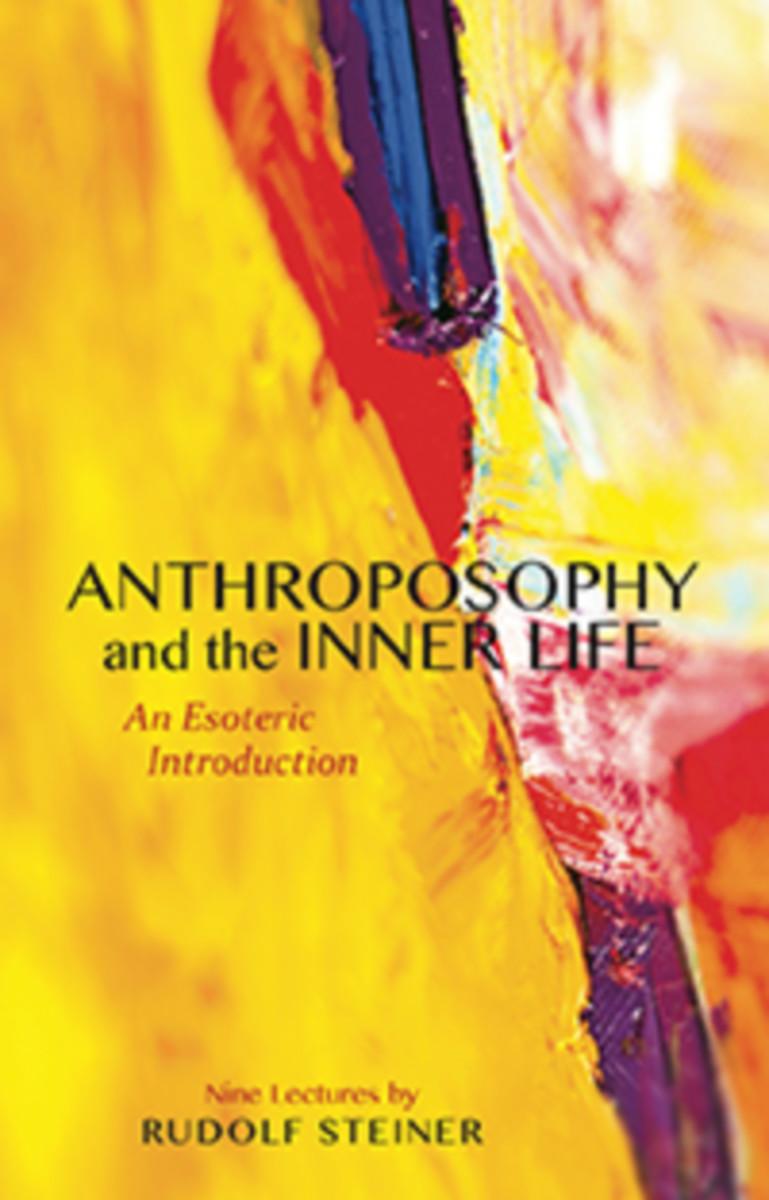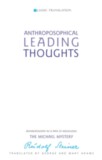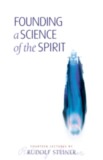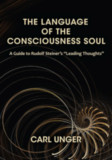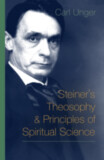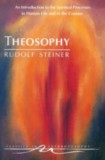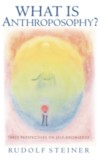Anthroposophy and the Inner Life
An Esoteric Introduction (CW 234)
- Publisher
Rudolf Steiner Press - Published
19th June 2015 - ISBN 9781855844179
- Language English
- Pages 134 pp.
- Size 5.5" x 8.5"
9 lectures, Dornach, January 19 – February 10, 1924 (CW 234)
“The universe needs us because, through us, it ‘fulfills’ itself—fills itself again and again with its own content.... The universe gives its cosmic thoughts to our etheric body and receives them back again in a humanized condition. It receives them back when we die.... But it is something new that it receives, for we have experienced it all in a particular way.” — Rudolf Steiner (Feb. 1, 1924)
Although these nine lectures were given to members of the Anthroposophical Society—people who had been studying Anthroposophic spiritual science for many years—this lecture course was nevertheless described by Rudolf Steiner as “introductory.”
Given shortly after the Christmas Foundation Meeting, whereby Rudolf Steiner reestablished and renewed the Society, these lectures reformulate the content of Anthroposophy from a condensed, personal, experiential point of view. What Steiner presented in a descriptive and systematic way in his foundational work Theosophy is complemented here with great intensity. Steiner challenges us to cultivate a living experience of the spiritual nature of the world and ourselves. This volume is therefore an invaluable companion to Steiner’s early written work, Theosophy.
This volume is a translation from German of Anthroposophie. Eine Zusammenfassung nach einundzwanzig Jahren (volume 234 in the Rudolf Steiner Gesamtausgabe, or Collected Works).
C O N T E N T S:
Editor’s Preface by Owen Barfield
1. Anthroposophy as What Men Long for Today2. Meditation
3. The Transition from Ordinary Knowledge to the Science of Initiation
4. “Meditation” and “Inspiration”
5. Love, Intuition, and the Human Ego
6. Respiration, Warmth, and the Ego
7. Dream Life and External Reality
8. Dreams, Imaginative Cognition, and the Building of Destiny
9. Phases of Memory and the Real Self
Rudolf Steiner
Rudolf Steiner (b. Rudolf Joseph Lorenz Steiner, 1861–1925) was born in the small village of Kraljevec, Austro-Hungarian Empire (now in Croatia), where he grew up. As a young man, he lived in Weimar and Berlin, where he became a well-published scientific, literary, and philosophical scholar, known especially for his work with Goethe’s scientific writings. Steiner termed his spiritual philosophy anthroposophy, meaning “wisdom of the human being.” As an exceptionally developed seer, he based his work on direct knowledge and perception of spiritual dimensions. He initiated a modern, universal “spiritual science” that is accessible to anyone willing to exercise clear and unbiased thinking. From his spiritual investigations, Steiner provided suggestions for the renewal of numerous activities, including education (general and for special needs), agriculture, medicine, economics, architecture, science, philosophy, Christianity, and the arts. There are currently thousands of schools, clinics, farms, and initiatives in other fields that involve practical work based on the principles Steiner developed. His many published works feature his research into the spiritual nature of human beings, the evolution of the world and humanity, and methods for personal development. He wrote some thirty books and delivered more than six thousand lectures throughout much of Europe. In 1924, Steiner founded the General Anthroposophical Society, which today has branches around the world.


